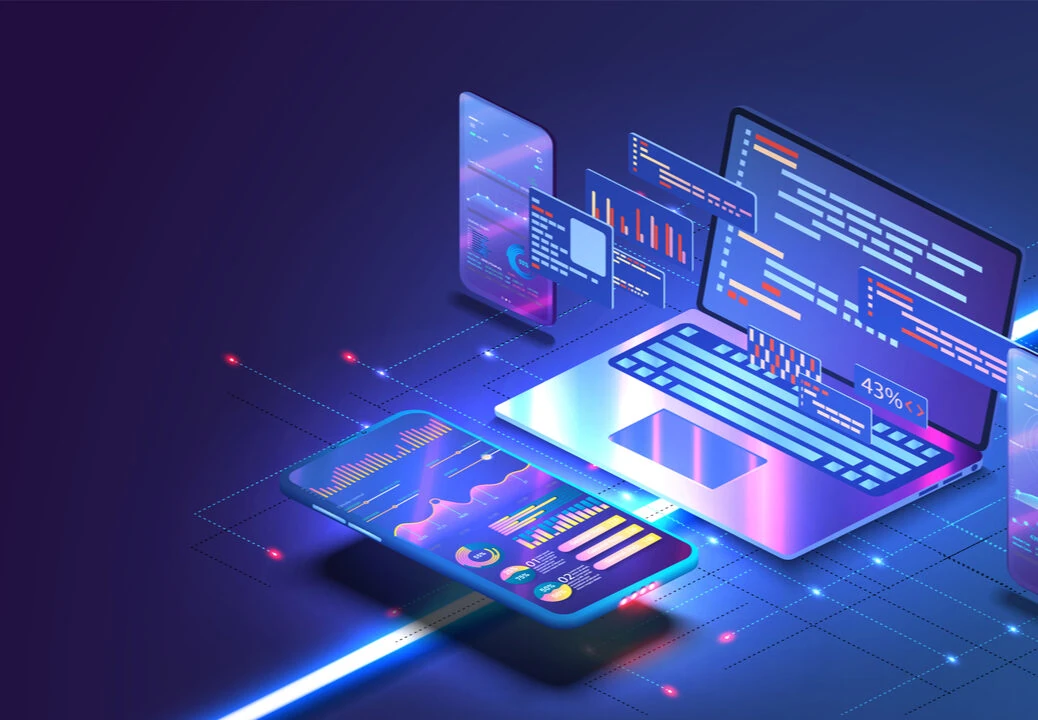What is Web 3.0?
Web3 (aka Web3.0) is the next iteration of the internet, the future. Built on decentralized blockchain technology and token based economics.
Use Web3's defi platform to seamlessly send and receive crypto, forex, and fiat in seconds.


Web3 (otherwise called Web 3.0) is a term for the next version of the World Wide Web which integrates ideas like decentralization, blockchain innovations, & token based economics. Web3 seeks to lessen reliance upon, and move power from huge tech organizations into the hands of individual users.
Prior to Web 3.0, versions Web 1.0 and Web 2.0 allude to periods throughout the entire existence of the World Wide Web as it advanced through different innovations and configurations.
· Web 1.0 generally refers to the period from 1991 to 2004, where most websites were comprised of static pages, and by far most of users were purchasers, not makers, of content.
· Web 2.0 is based around the possibility of "the web as platform" and focuses on consumer-made content transferred to networking services and gatherings, virtual entertainment, and social media sites, alongside other services. Web 2.0 is by and large considered to have started around 2004 and proceeds to the current day and is sometimes referred to as the “read/write” version of the internet.
Web 3.0 is often described as the "read/write/own" era of the internet. Unlike Web 2.0, where users exchange personal data for access to services provided by big tech, Web3 empowers users to participate in the governance and operation of decentralized networks through token ownership.
Tokens and Ownership - In Web3, users can acquire tokens representing ownership stakes in decentralized networks, also known as blockchains. These tokens grant holders voting power, allowing them to influence the network’s direction and policies. Almost anything can be tokenized—from digital art and music to concert tickets and even virtual real estate.
Decentralized Finance (DeFi) - A significant innovation within Web3, DeFi aims to eliminate intermediaries in financial transactions. By leveraging blockchain technology, DeFi offers secure, low-cost financial services, such as loans and payments, directly between users. This reduces reliance on traditional banks, enhances transaction speed, and minimizes fees.
Gaming and Beyond - The gaming industry is poised for transformation through Web3. Players can own in-game assets, participate in governance, and directly influence game development, creating a more immersive and empowering gaming experience.
Web3 can be perceived as the "read/write/own" period of the internet.
The most profound shift Web 3.0 introduces is user control over data and digital assets. Unlike in Web 2.0, where large corporations manage data, Web3 envisions a decentralized internet where users own and control their information.
With Web 3.0, the internet could become safer, more efficient, and more accessible. By decentralizing power and ownership, it promises a future where privacy is prioritized, and individuals have a more significant say in their digital experiences.
As Web3 continues to evolve, its potential to revolutionize various industries and redefine the internet as we know it is becoming increasingly apparent. Embracing this new era means stepping into a world where users are not just participants but also co-creators and co-owners of their digital journey.